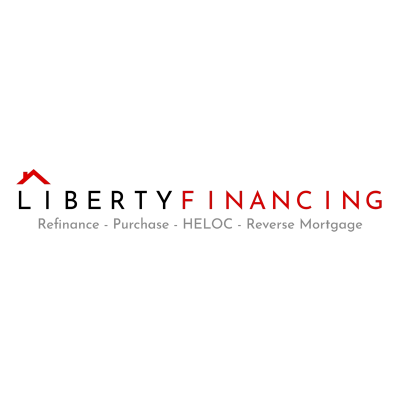4 Key Questions to Ask Before Committing to a Refinance
Navigating the complex world of refinancing can be daunting, but insights from industry experts can illuminate the path. This article breaks down the essential questions to ask before committing to a refinance, ensuring you make informed decisions. Dive in to discover how aligning your financial goals with expert advice can lead to better outcomes.
- Determine Your Long-Term Goal
- Analyze Interest Rate Impact
- Align Loan With Objectives
- Evaluate Long-Term Alignment
Determine Your Long-Term Goal
One crucial question you should ask before committing to a refinance is: What is my long-term goal for this refinance? This may seem like a simple question, but it simply cannot be overlooked. Refinancing isn't just about lowering your rate, it should align with your financial objectives as well. Ask yourself what you are looking to do such as reducing monthly payments, paying off loans faster, or tapping into home equity for other investments. For example, many homeowners will solely focus on securing a lower interest rate but overlook factors like loan term changes or closing costs. We advise clients to consider the big-picture impact, and how refinancing fits into their financial plan now and in the future. Asking this question ensures you make a strategic decision rather than just a short-term one.

Analyze Interest Rate Impact
* Interest rates have fallen.
Say you locked into a business note when interest rates were high, and then those interest rates eventually fell significantly. In that situation, refinancing could be a smart avenue for your business.
Here are some factors to keep in mind:
- Refinancing comes with upfront out-of-pocket costs. For this option, you need to have the initial liquidity to cover them or work a refinancing deal that includes those closing fees in your new loan package.
- Refinancing at the lower interest rate cuts your monthly payment burden. This improves month-to-month cash flow.
- Make informed decisions by finding your breakeven point. It takes a set amount of time for the monthly savings to offset the initial cost of refinancing. Figure out that exact breakeven point and whether it makes sense with your business. For example, if the breakeven point is five years down the line and you intend to sell in three, refinancing would be a net loss for you.

Align Loan With Objectives
Before committing to a refinance, one crucial question to ask yourself is: What is my primary goal for refinancing, and does this loan align with that objective? Whether it's lowering your monthly payment, reducing interest costs over time, accessing equity, or shortening the loan term, having a clear purpose helps determine if refinancing is the right move. This question offers the key insight that not all refinances are beneficial in every situation—while a lower rate might seem attractive, factors like closing costs, loan term adjustments, and break-even timelines can impact the overall benefit. Understanding your long-term financial goals ensures that the refinance truly improves your financial position rather than just offering short-term savings that may not align with your broader strategy.
Evaluate Long-Term Alignment
The most important question I asked was, "How does this home align with my long-term goals, both financially and personally?" This was crucial because buying a home isn't just about finding a property; it's about ensuring it supports my vision for the future. Understanding the full picture, including growth potential and lifestyle fit, helped me make an informed, thoughtful decision that went beyond immediate needs.



